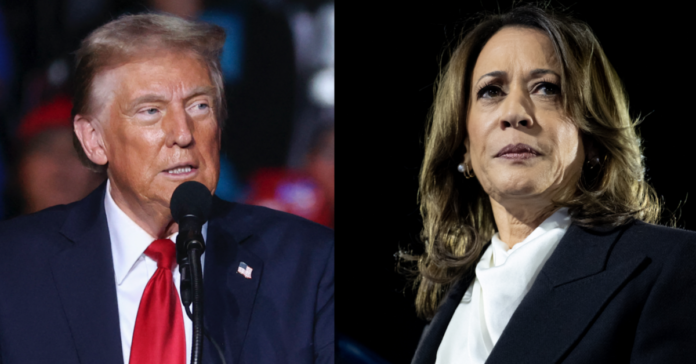The next four year of US-Middle East policy hang in the balance as the United States and the rest of the world brace for the results of Tuesday’s election between Democrat Vice President Kamala Harris and Republican former President Donald Trump.
Israel, Palestine and Lebanon
Perhaps the top US-Middle East foreign policy issues heading into the election are Israel’s ongoing wars in Gaza and Lebanon.
Rasha Abou Jalal reported from Gaza City that while Palestinians in Gaza are skeptical of both candidates, many seem to favor Harris, given Trump’s previous recognition of Jerusalem as Israel’s capital, and they hope Harris will bring an end to Israel’s war in Gaza. Yet others believe that Trump’s close relationship with Israel can be leveraged to end the war, thus making him the preferred candidate.
Public opinion in Lebanon is less clear, though a Monday report from Reuters indicated that the Lebanese people doubt the outcome of the election will impact them at all. Israeli Prime Minister Benjamin Netanyahu has made clear his preference for Trump, believing that he will loosen the US’ reigns on Israel and give Israel the green light to carry out a larger strike on Iran. Netanyahu and Trump have also maintained a close relationship, even while Trump has been out of office. At an Oct. 23 rally, Trump spoke about his recent and seemingly frequent phone calls with the Israeli premier, saying, “Bibi called me yesterday, called me the day before,



